Huajuli Commercial Street, Yangzhou - Eintrittspreise, Öffnungszeiten, Lage und Highlights

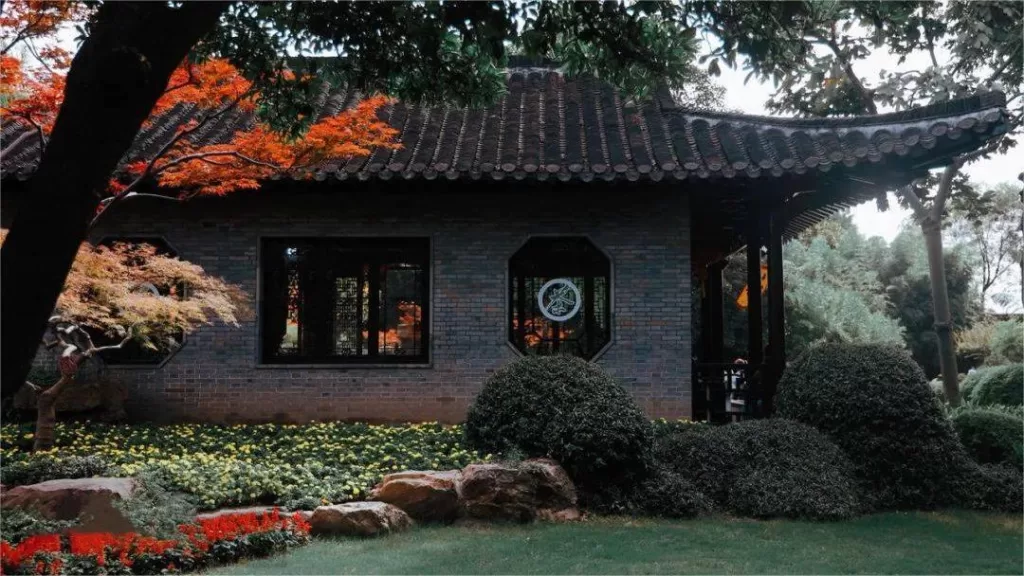
Nestled in the heart of Yangzhou, China, the Huajuli Commercial Street (花局里商业街) is a vibrant and captivating destination that covers a total area of 11,350.28 square meters. This bustling commercial district is divided into six distinct areas, each showcasing a unique facet of Yangzhou’s culture and history. Visitors can explore the Huaiyang cuisine, traditional crafts, tea houses, bars, inns, artistic performances, and a private garden for salt merchants, all within this picturesque locale.
Inhaltsübersicht
- Grundlegende Informationen
- Standort und Transport
- Name Origin and Highlights of Huajuli
- Attractions near Huajuli Commercial Street
Grundlegende Informationen
| Geschätzte Dauer der Tour | 1 - 2 Stunden |
| Ticketpreis | Kostenlos |
| Die Öffnungszeiten | 24 Stunden am Tag |
| Telefon Nummer | 0086-0514-87365553 |
Standort und Transport
Huajuli Commercial Street is located in the eastern part of the ancient city of Yangzhou, Jiangsu Province, China. It is bordered by Dongguan Street to the south, the renowned Ge Yuan classical garden to the west, the Craft and Arts Street of Yanfu Road to the north, and it is adjacent to the historic Grand Canal to the east.
To get there, tourists can take bus 27, Tourlist Line 1, or Tourist Line 2 and get off at Geyuan Garden Stop (个园站).
Name Origin and Highlights of Huajuli
Despite being a relatively new addition to the city’s landscape, Huajuli has deep historical roots, radiating the rich tapestry of Yangzhou’s heritage and exuding the city’s cultural essence. The name “Huajuli” itself carries a special significance, as it pays homage to the city’s history, culture, and unique charm.
Hua Represents Flowers

The “Hua” in Huajuli represents flowers. Yangzhou has long been known as a “City of Flowers,” where the vibrant and colorful blooms have enchanted residents and visitors alike for centuries. The city’s famous Qionghua (jade-like lotus) is renowned as one of the most exquisite flowers in the world. Yangzhou’s peonies stand proudly alongside those of Luoyang, and the Yangzhou folk song “Fresh Flowers” has evolved into the mesmerizing “Jasmine Flower,” celebrated across the globe. Throughout the city, you’ll find various gardens, flower markets, and floral events that adorn the streets, celebrating the seasons year-round.
Ju Symbolizes a Local Saying

The “Ju” in Huajuli symbolizes a local saying deeply rooted in Yangzhou’s culture: “ju,” which means gathering or establishing a setting. Yangzhou locals are fond of using “ju” to describe various activities, such as reading (shuju), dining (fanju), having tea (chaju), or playing chess (qiju). “Ju” has become a quintessential term that embodies the essence of Yangzhou’s everyday life. By naming this historical and cultural gem “Huajuli,” we are embracing the echoes of Yangzhou’s lively streets, filled with traditions and customs unique to this charming city.
Li Refers to Ancient China

Finally, the “Li” in Huajuli is a reference to ancient China, where “li” was used to describe places where people lived and gathered. The saying “a hundred families make a ‘li’” indicates a tightly-knit community. Yangzhou, with its bustling population and closely-packed houses, features a network of narrow, winding alleys that make the city a quintessential “xiangcheng” (lane city). Even today, within the 5.09 square kilometers of the ancient city’s protected area, more than 600 winding lanes still weave their way through the city. Many of these alleys are affectionately known as “li,” such as Renfengli and Wenhuali, bearing witness to the city’s once-thriving and warm community spirit.
Attractions near Huajuli Commercial Street

Dongguan Gudu

Ge Garten
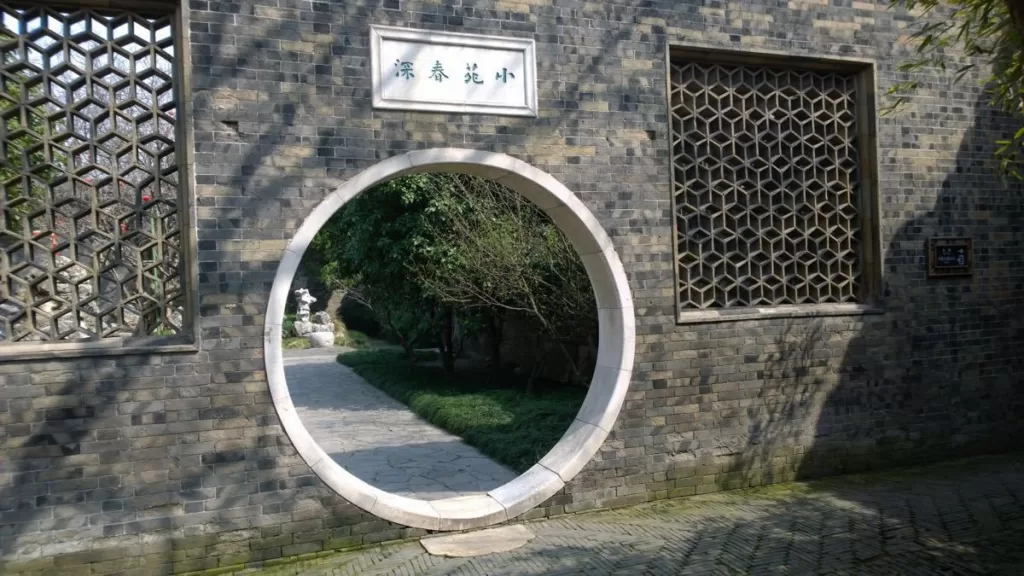
Wangs Residenz

Ehemalige Residenz von Zhu Ziqing

Dongquanmen Historische Straße
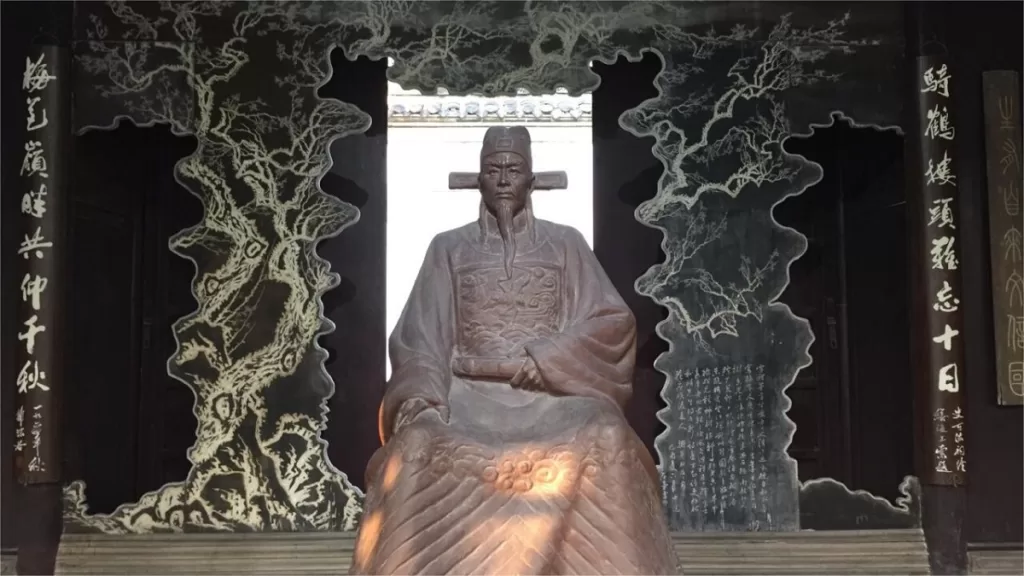
Shi Kefa Gedenkhalle

Pishi-Straße
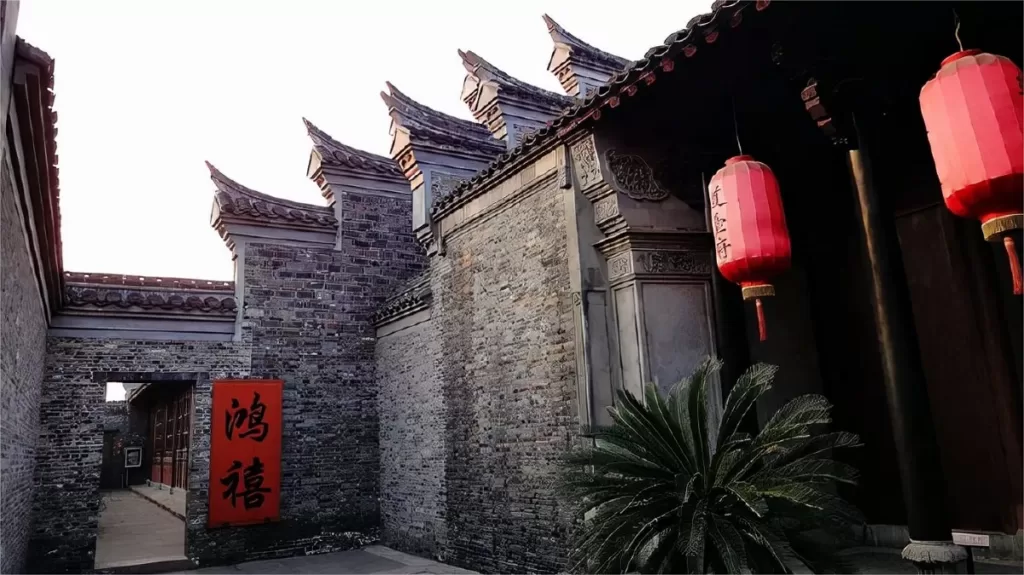
Herrenhaus Wu Daotai

Grabmal von Puhaddin

Dongguan-Straße
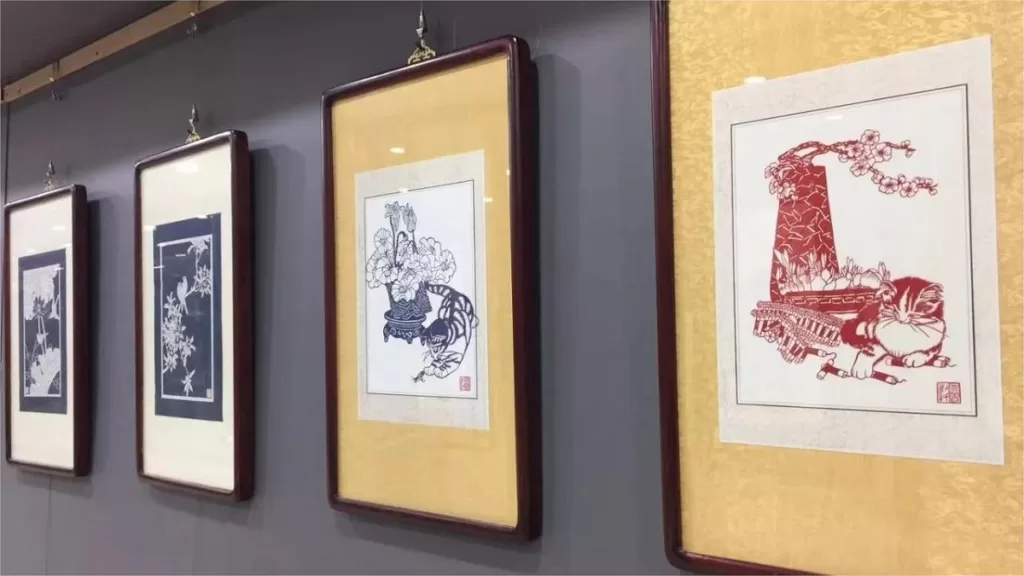
Chinesisches Papierschneidemuseum
Lokales Leben in Jiangsu, Yangzhou Attraktionen